The Well-Lived Life just turned four months old and passed 2000 readers, so I decided to re-up on telling you a bit more about who’s been writing to you.
Remember, you can always reply to The Well-Lived Life’s emails to have a chat or leave a comment, and I will get back to you post-haste! If you’d like to chat in a different place, here’s the social media that I check:
Twitter: @Theaaronnichols
Instagram: @aaronjohnnichols
My Grandpa once told me “Aaron, only date for looks until you’re at least 25.”
He’s hilarious, but is not, by most definitions, a wise man. While my siblings and I were growing up, he tried to pass on what he’d learned about the world by showing us old movies. He’d escaped into movies In his own troubled childhood in 1940s Chicago, to get away from his broken home and cruel mother.
By the time I came along, he’d learn to relate to the world through the silver-screen lens of Hollywood. He loved westerns, and from watching them on his lap as a child, I learned to love them too. So easy to understand. Watch any John Wayne movie with the sound off, and you’ll easily be able to tell who the bad guys are. They are so uncompromisingly evil that when the good guy finally gets around to shooting them, it’s an act of service to the town, and by extension, the world.
My favorite western to this day is the 1953 film Shane. Alan Ladd rides into town on a white horse wearing dirty white leather against the backdrop of the Tetons and says to Joe Starrett, a local rancher: “call me Shane.” We never learn more about his past.
Shane asks if he can stay and work. Starrett agrees, and Shane becomes a friend of the family, building a great relationship with Joey, Starrett’s young son. It would all be idyllic if not for the bad guys… Dun dun DUN!
On the adjacent ranch, Rufus Ryker and his hired thugs run a huge cattle operation, trying to rustle the small ranchers like Starrett off their land by force. Here’s where things get complicated. Shane is just trying to live honestly, to leave his dark past behind, but will the bad guys let him? No way! Shane’s a gunfighter, and that’s all the world will let him be.
Tension builds in the town. Shane eventually gets in a shootout with the rustlers and wins, but he’s wounded in the process. He knows he can’t stay and settle down with blood on his hands, so after leaving Joey with the wonderful line “tell your mother there are no more guns in the valley” he rides off into the sunset, with Joey running after him calling out “Shane” over and over again.
Shane doesn’t look back.
As I’ve sat in various quarantines over the last year, combing through my memories and experiences, I keep going back to sitting on my Grandpa’s couch as a child, watching Shane ride away, the town he left behind just a little better in the temporary absence of villains.
Like most people, my family life growing up was imperfect and complicated. I learned to idolize Hollywood heroes, those cool, detached men who came from nowhere, made things better without forming deep connections, and rode off into the sunset. No one knew where they went. That wasn’t the point! They’d served their function and moved on.
As a child, growing up surrounded by unpredictable people, I wanted to be those men so badly. How wonderful it would be to live unattached like that, for life to be uncomplicated! What if I really could ride into town, make things better, and ride off?
It took me years of traveling, living out of a backpack, and falling in and out of love to realize that there are no clean breaks. You can’t actually ride off into sunsets, because you always end up somewhere else. You don’t get rolling credits, you get another place, with more people, all of whom you have to start over to get to know.
You can’t be Shane, any more than you can hit pause on life any time you choose. I’ve had some wonderful adventures since I started traveling at age 21, but they’ve come at a cost. Real life, with all its complications, dramas, and routines, makes me feel like a caged animal. I’m still learning to find balance.
I believe that a well-lived life is one that avoids extremism. A life with deep roots and the ability to wander sometimes. The handsome lead who rides from town to town and never settles down is not to be envied.
Trust me, I tried to be him.
So what is it that works? What is it that makes us happy and fulfilled? What is it that makes us miserable? Those are my key questions. That’s what you’re getting when you read my pieces. You’re getting a deeply imperfect man, who has spent most of his life asking the wrong questions and looking for happiness in the wrong places, who only recently has tried to start looking in the right ones.
You’re getting someone who’s naturally happy and outgoing, but spends a lot of his time wondering why he’s not happier. You’re getting a man who looks at his individualistic society with its multibillion-dollar self-help industry and shrugs, saying “can’t we just learn to talk to each other again instead of paying for advice?”
My prevailing feeling towards western culture is one of deep unease. TV and our phones have replaced social gatherings. Therapists and life coaches have replaced trusted friends and confidants as if we can pay to consume deep relationships rather than letting them arise naturally in our lives.
We wonder “why am I not happy? the people on Instagram are happy! The people in the ads are happy! What about me? Where’s my happiness?”
I’m still learning how to answer that. From experience though, I can tell you where it isn’t.
It’s not in a shiny new toy. It’s not in a diamond ring or necklace. It’s not in new clothes or watches or cologne or gadgets (though billions are spent each year to tell you that it might be). It’s not in the next town over, another country, or in an idealized mate.
The beginning of the journey towards happiness starts with you, right where you are. You can’t spend your way there and you can’t run away to it.





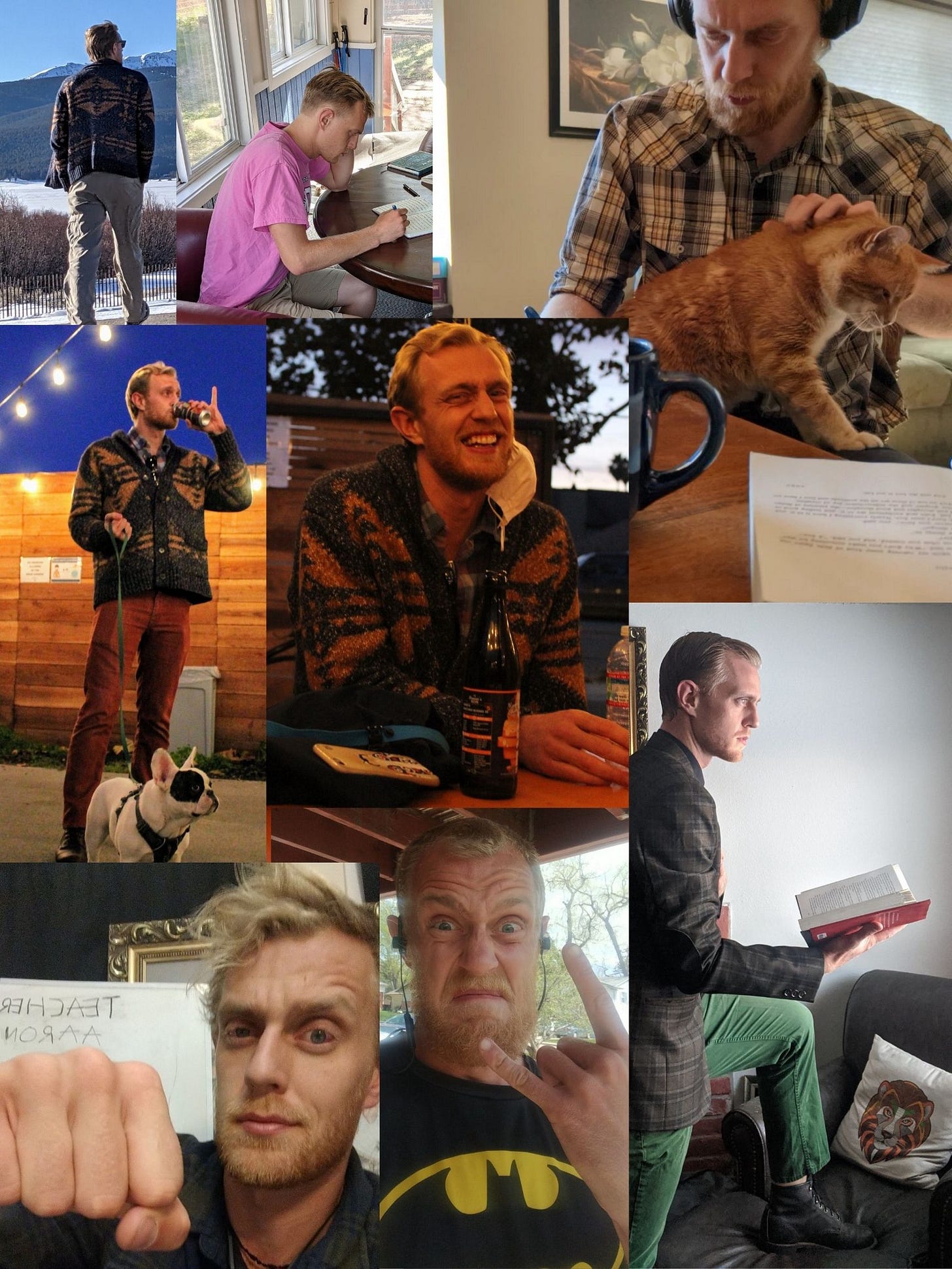
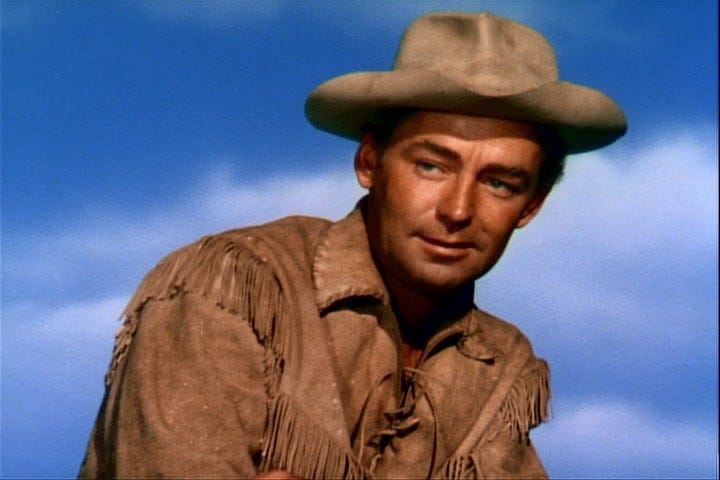

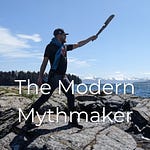
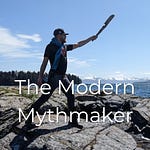
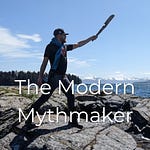

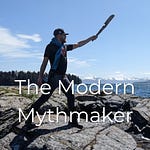

Share this post